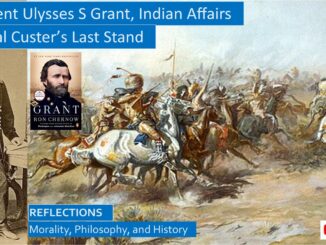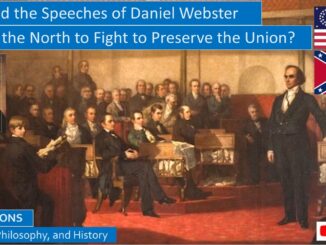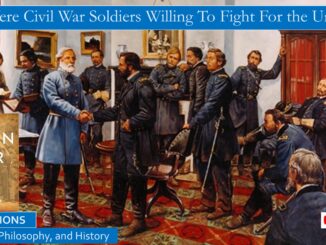
President Ulysses Grant’s Indian Policy, and Custer’s Defeat at the Battle of Little Bighorn
Custer had a reputation for cruelty to both Indians and to his own men. Chernow notes: “In 1867, Custer was court-martialed for ordering deserters to be shot and Grant thought he was guilty. The following year, Custer and his cavalry obliterated an Indian village,” “wantonly murdering more than a hundred Southern Cheyenne, including women and children.”
Grant told Sherman and Sheridan that he did not want Custer to lead a force in the campaign against the Sioux Sitting Bull and Crazy Horse. Custer had the chutzpah to request a personal interview with Grant at the White House to appeal this decision, but Grant refused to meet with him. But with Sheridan’s intervention, Grant gave in and allowed Custer to join the expedition against the Indians. […]


